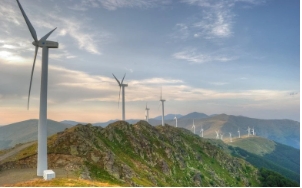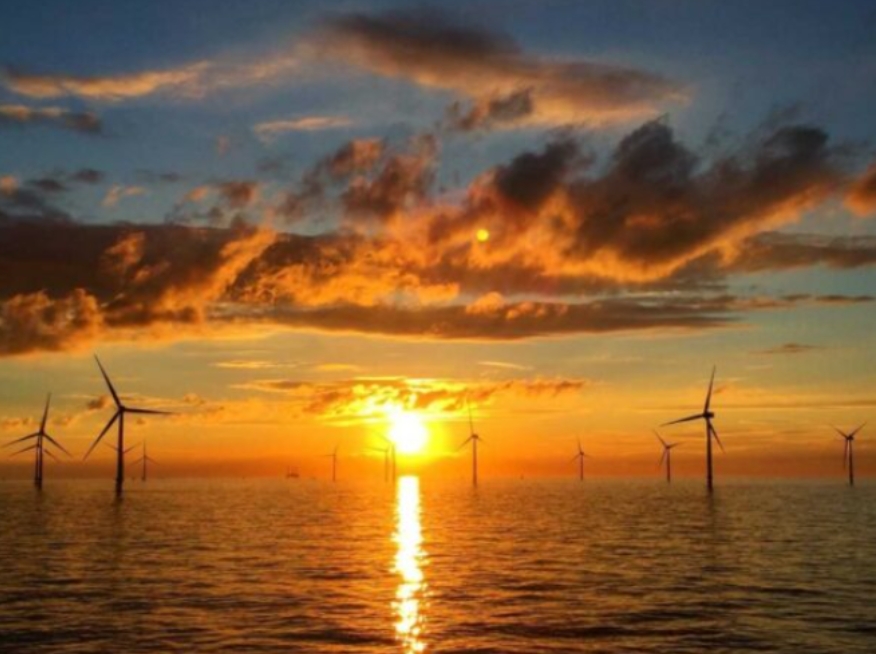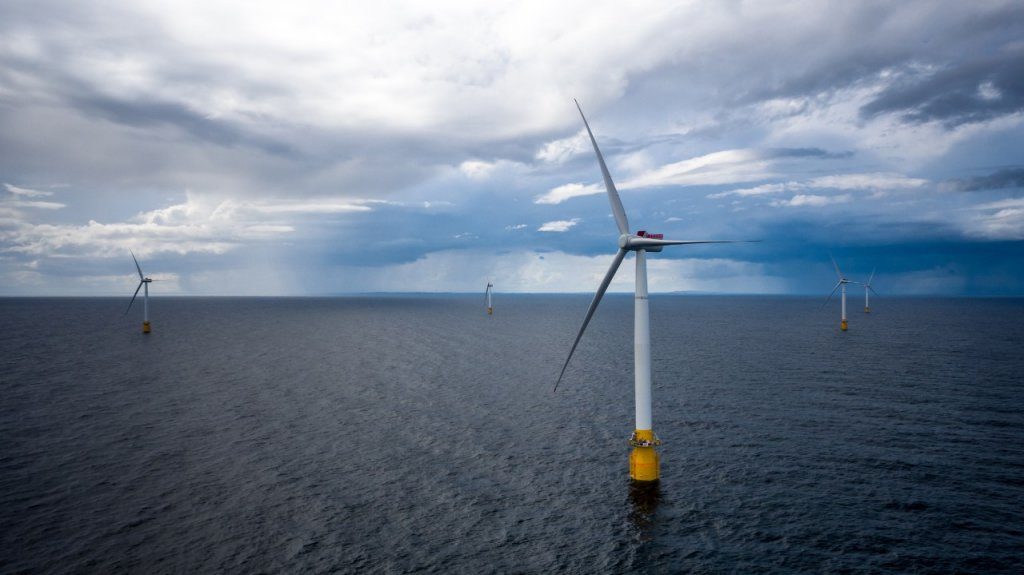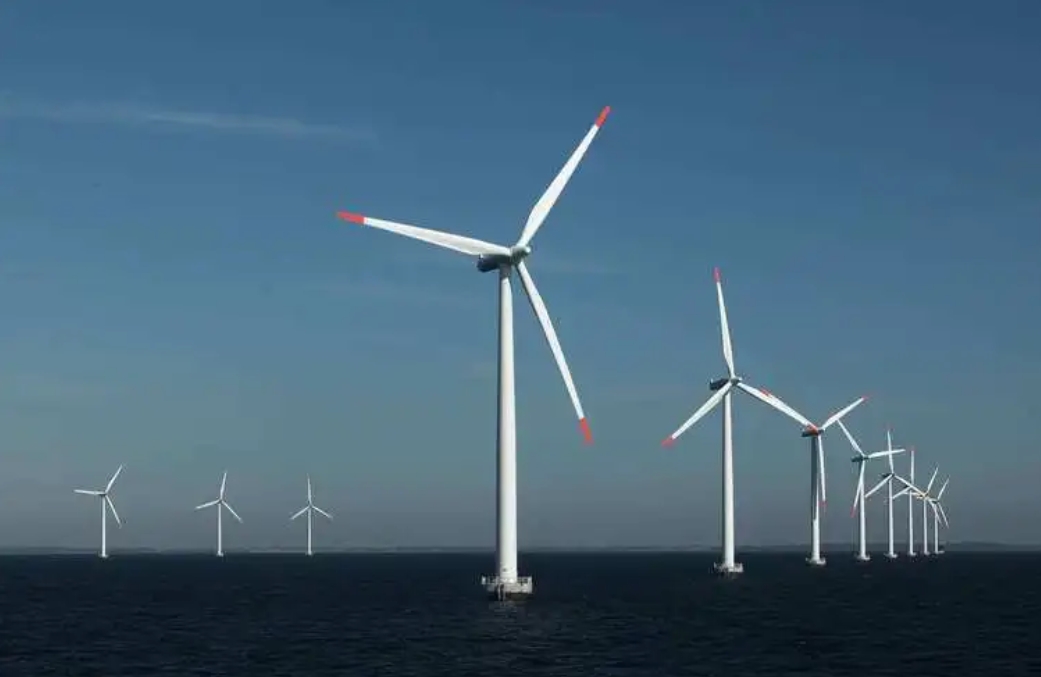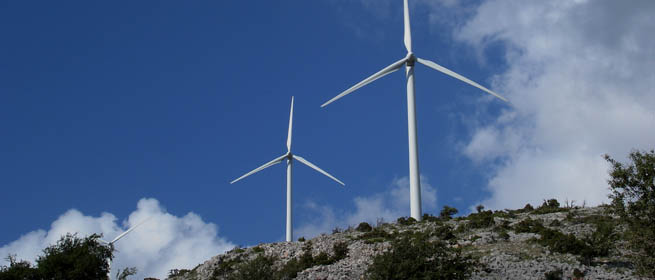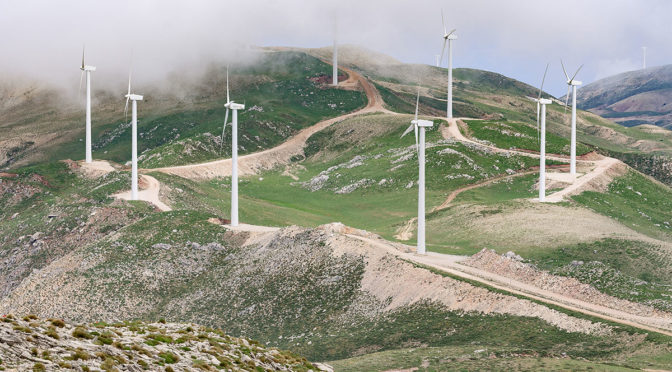The other signatories are Exmar, Fluxys, Port of Antwerp, Port of Zeebrugge and WaterstofNet.
They noted that hydrogen is an important carrier for renewable energy to be used for electricity and heat production, for mobility, for fuel production and as a raw material for industrial production.
“Crucial in the viability of a hydrogen economy is the generation of sufficient renewable electricity for the production of hydrogen,” they added.
In Belgium, wind and solar energy are not sufficiently available and so renewable energy will need to be imported, the companies said.
“However, efficient and economic solutions for the import, transport and storage of hydrogen require specific expertise,” they said.
The companies will first jointly analyse the entire hydrogen import and transport chain.
The aim is to map the financial, technical and regulatory aspects of the various components in the logistics chain – production, loading and unloading and transport by sea and via pipelines.
The outcome of the analysis will be a roadmap that indicates the best way to transport hydrogen for the various applications in the energy and chemical sector and form a bridge to concrete projects.
DEME chief executive Luc Vandenbulcke said: “We strongly believe that hydrogen can play a crucial role in the CO2-free energy transition.
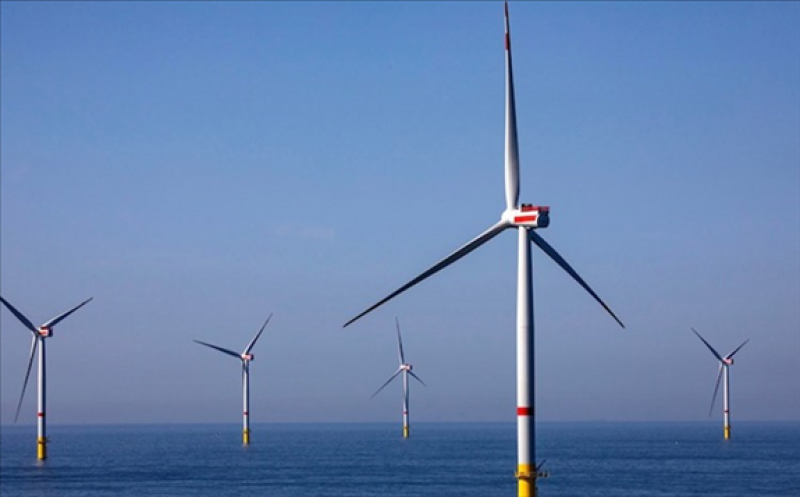
“As a pioneer in the development, construction and financing of offshore wind farms, we want to make full use of our expertise for the production, transport and storage of green hydrogen from renewable energy sources.
“Thanks to this unique partnership of ports and industry, Belgium can play a leading role in the green hydrogen economy and further reduce CO2 emissions.”
Engie Benelux chief executive Philippe Van Troeye said: “Hydrogen is an essential link in a low-carbon ecosystem.
“Our participation in this project and our desire to share our expertise in renewable energy and hydrogen fits perfectly with Engie's ambition to be the leader of the carbon-free transition by developing integrated and customised solutions for our customers.”
Exmar chief executive Nicolas Saverys said: “As an international transporter of natural gas, LPG, ammonia and other petrochemical gases, Exmar is also focusing on the future.
“We want to help investigate how the hydrogen gas transport chain can be developed in the most efficient and economic way.
“This way, our long-standing expertise in the transport and transformation of gas in the safest way can support all initiatives for the large-scale use of hydrogen gas.”
Fluxys chief executive Pascal De Buck said: “As a gas infrastructure company, transporting and storing gas is the core of our business.
“Today this is natural gas but in time this will increasingly be replaced by other gases such as hydrogen and biomethane.
“By maximally reusing our infrastructure for carbon-neutral energy carriers, we are shaping the energy system of the future.”
Port of Antwerp chief executive Jacques Vandermeiren said: “We want to give every chance to hydrogen as an energy carrier, as basic element for chemistry and as a fuel, and therefore commit ourselves as an active pioneer of the hydrogen economy.
“As Europe's largest integrated chemical cluster, we are an important link in this. We also look at collaboration with spearhead clusters and knowledge institutions and want to learn from this hydrogen coalition for our international ambitions.”
Port of Zeebrugge managing director Joachim Coens said: “Today, Zeebrugge is already an important landing point for the wind energy that is extracted in the Belgian North Sea.
“In the coming years we will have a build-up of a huge amount of variable renewable energy, from wind, sun and tides. The challenge is to transport and store these large quantities of green energy.
“The port of Zeebrugge has a role to play here, as a multifunctional energy hub.
“If hydrogen can be the solution for energy transport and storage, then this can perfectly take place in Zeebrugge, where state-of-the-art LNG infrastructure, ie, storage capacity and pipelines, and years of know-how are available.”
WaterstofNet director Adwin Martens said: “As a pioneer in hydrogen development in Flanders and coordinator of the IBN power-to-gas, we are particularly pleased that a number of strong parties will bring their expertise together on the theme of large-scale import, transport and storage of hydrogen.
“This collaboration offers important perspectives for a further large-scale rollout of hydrogen applications.”

